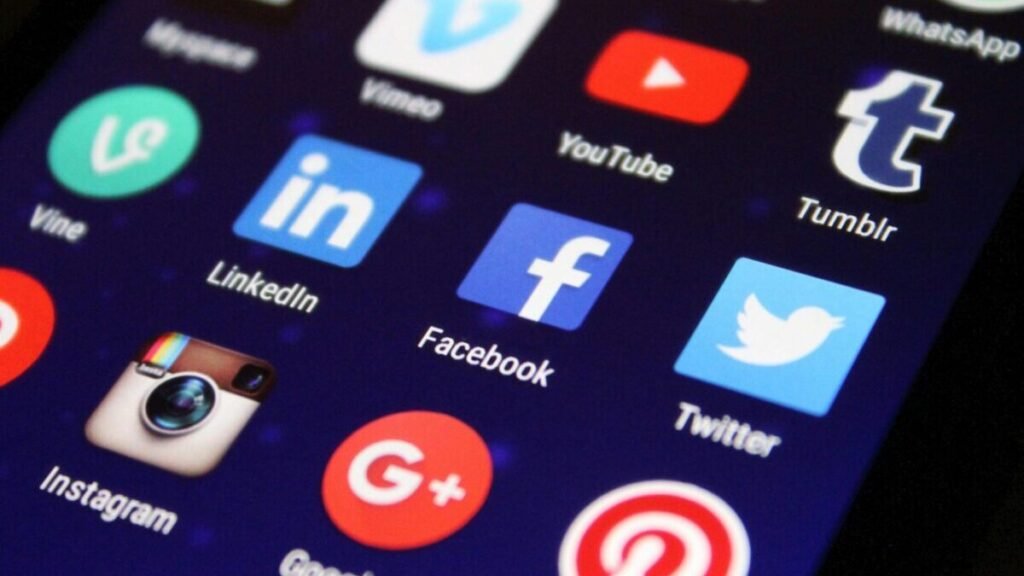
Powerful Online Tips to Stay Safe and Productive
In 2025, being online isn’t a part of life — it is life. Whether you’re managing a business from your laptop, scrolling through TikTok, or checking your bank balance on your phone, you’re living in the digital fast lane.
But with all this convenience comes two major challenges: staying safe and staying focused.
Cyber threats are more advanced than ever, and online distractions are just one click away. So how do you stay productive and protected in this digital jungle?
Let’s break it down into five practical, easy-to-apply tips that will not only boost your cybersecurity but also help you get more done — without losing your sanity.
1. Use Strong, Unique Passwords for Every Account
Let’s start with the basics — passwords.
If you’re still using the same password for everything (like “password123” or your dog’s name), you’re practically giving hackers the keys to your digital life.
Why this matters:
When data breaches happen (and they do), hackers try leaked passwords across multiple platforms — from Gmail to Netflix. One weak password can expose your entire identity.
What to do:
• Use a password manager like 1Password, Bitwarden, or LastPass to create and securely store complex passwords.
• Let the app generate random combinations of letters, numbers, and symbols.
• Never reuse passwords between websites.
Real-world example:
Saron, a university student in Addis Ababa, had her Instagram hacked using an old password she reused for her email. After switching to Bitwarden, she hasn’t had a single security issue.
Pro Tip: Avoid using birthdays, pet names, or anything a hacker could easily guess from your social media.
2. Enable Two-Factor Authentication (2FA)
Even with strong passwords, your security isn’t foolproof. That’s where Two-Factor Authentication (2FA) comes in — and it’s a must-have in 2025.
What is 2FA?
It adds a second layer of protection that requires a one-time code (from your phone or an app) in addition to your password.
Why it matters:
Even if someone steals your password, they can’t log in without that code.
Best 2FA apps:
• Google Authenticator
• Microsoft Authenticator
• Authy
Example:
Ruth, a freelance graphic designer, once had her email targeted while traveling abroad. Luckily, her 2FA stopped the login attempt instantly.
3. Be Careful with Public Wi-Fi
We’ve all been there — stuck at an airport or café, needing Wi-Fi and connecting to whatever’s free. But public Wi-Fi is one of the biggest traps for hackers.
Why it’s risky:
Cybercriminals can intercept your data or even create fake “Free Wi-Fi” networks that look legitimate.
Avoid doing these on public Wi-Fi:
• Online banking
• Accessing sensitive work emails
• Entering personal login information
The solution:
Use a VPN (Virtual Private Network) to encrypt your connection and keep it safe.
Top VPNs for 2025:
• NordVPN
• ProtonVPN
• ExpressVPN
Example:
Yared, a remote worker, once had his files targeted at a co-working space. Thankfully, his VPN blocked the attack in real-time — saving him from data loss.
4. Use Smart Browser Extensions to Stay Focused
Let’s be honest: it’s not just hackers stealing our attention — it’s endless notifications, ads, and social media loops.
The good news? The right browser extensions can help you stay focused and efficient.
Top productivity tools for 2025:
• Grammarly: Instantly fix grammar and spelling mistakes.
• Momentum: Turn your new tab into a productivity dashboard with quotes and to-dos.
• uBlock Origin: Block ads, pop-ups, and trackers.
• Pocket: Save articles for later reading.
Example:
Helen, a remote content writer, used to lose hours on social media “checking one more thing.” After installing Momentum and uBlock Origin, she doubled her daily productivity.
Tip: Don’t overload your browser. Choose only 2–3 extensions that truly fit your workflow.
5. Keep Your Software Updated — Always
It sounds simple, but this step alone can prevent most security breaches.
Why updates matter:
Software updates don’t just bring new features — they fix security holes hackers use to gain access.
Always update:
• Operating systems (Windows, macOS, Android, iOS)
• Browsers (Chrome, Firefox, Safari)
• Banking, messaging, and productivity apps
• Antivirus tools
Example:
Thomas ignored Chrome updates for months. His outdated version had a security flaw that led to stolen saved passwords. Since then, he’s set everything to auto-update — and hasn’t had a single issue.
Quick Fix: Turn on auto-updates for all apps and systems so you’re protected even when you forget.
Final Thoughts: Take Control of Your Digital World
The online world can be chaotic — but it doesn’t have to be dangerous or distracting.
By taking small but powerful steps — like using strong passwords, enabling 2FA, avoiding unsafe Wi-Fi, using smart tools, and keeping everything updated — you can enjoy the digital age confidently.
Start small. Pick just one tip today and make it part of your routine. That’s how digital safety — and productivity — become habits.
Stay smart. Stay safe. And take full control of your online life in 2025.



